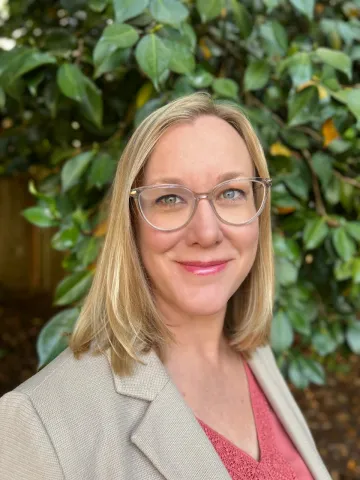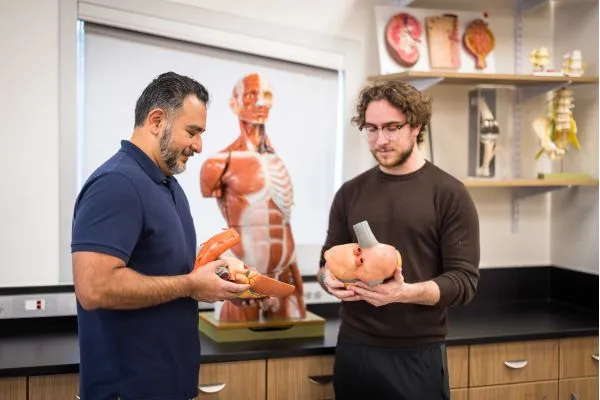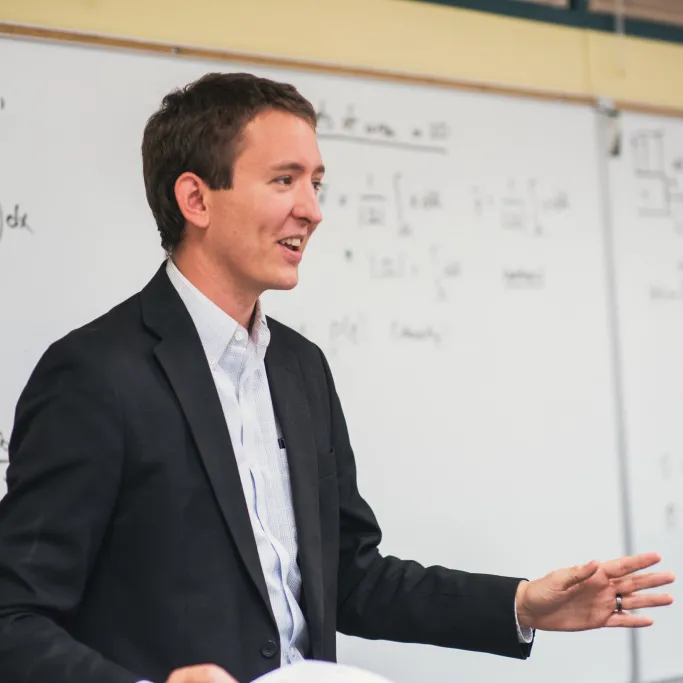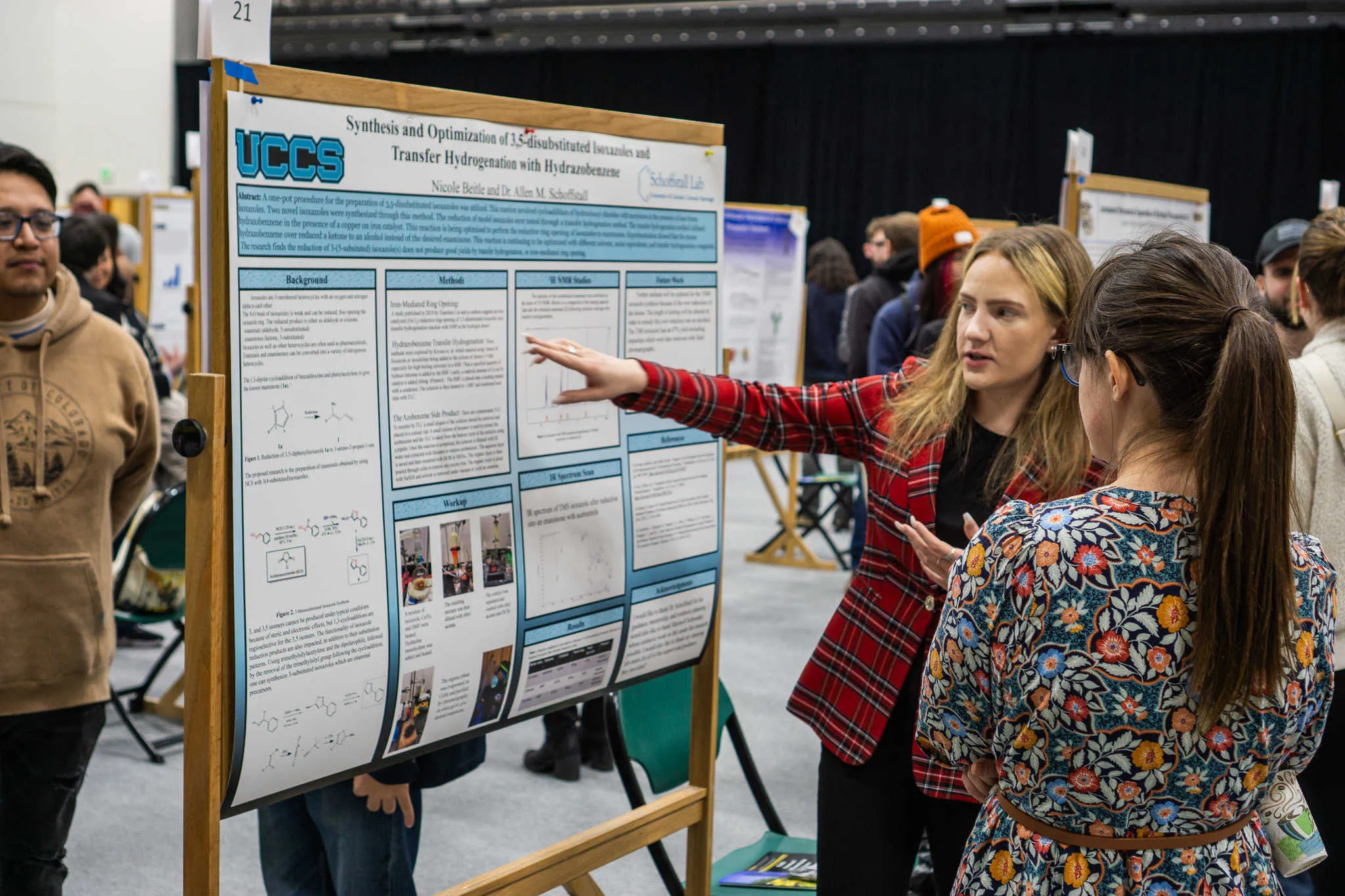
Mentoring
Graduate Mentoring: Vision and Mission
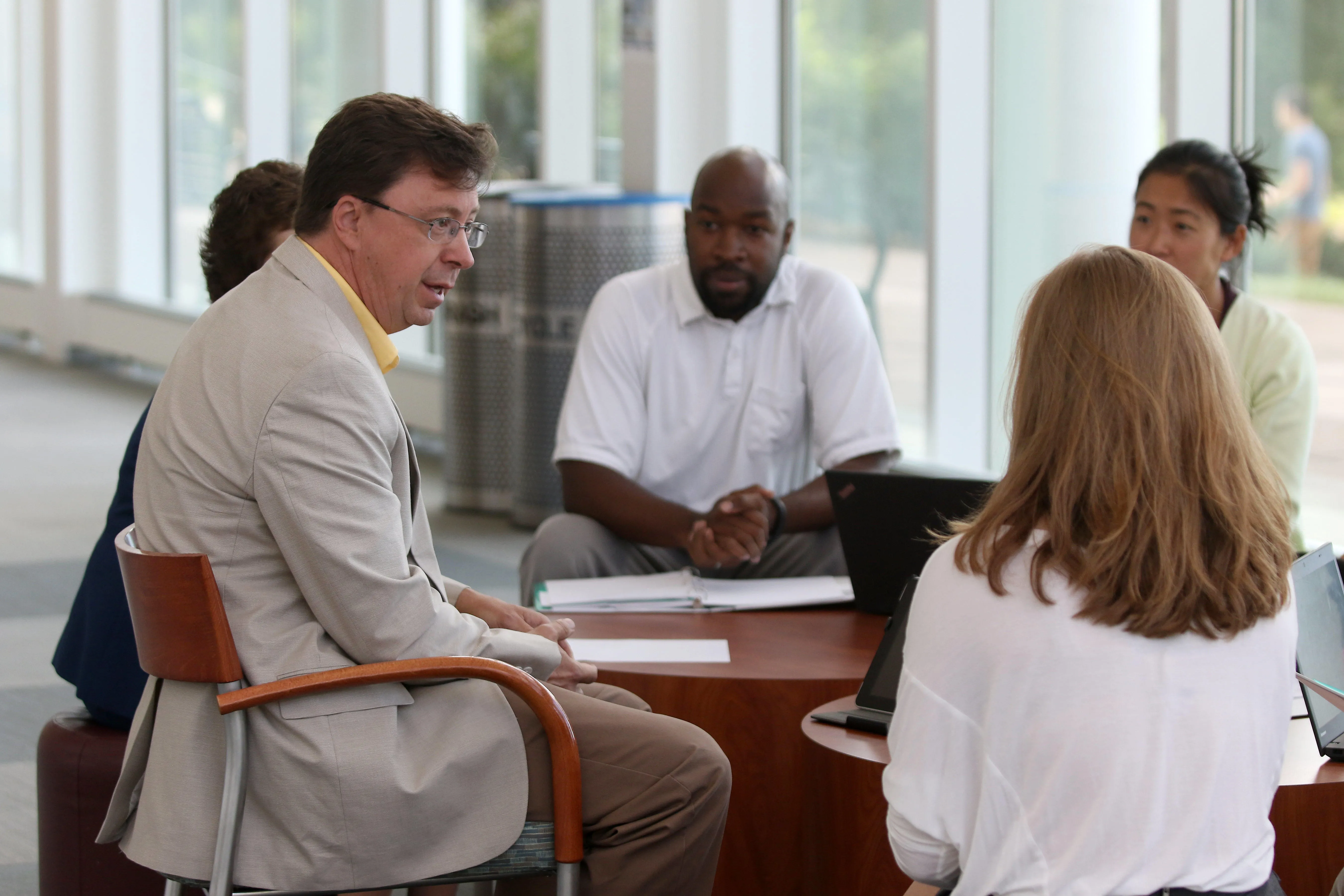
Vision:
The UCCS Graduate School will be recognized for its support and commitment to student and faculty mentoring to promote inclusive excellence in graduate and post-baccalaureate training in its many forms.
Mission:
The mission of the UCCS Graduate School is to provide innovative and inclusive resources, support, and guidance to support development of meaningful professional relationships between graduate students, faculty, and academic programs to foster professional development and student-faculty success.
Find Resources For
Mentorship Principles
Introduction:
A critical aspect of developing a strong working relationship with your mentor is to establish expectations of what it means to have a productive relationship: what is a good mentor? And how can I be a good mentee who can maximize the benefit of this professional relationship? There are some ground rules that must be established to provide a strong foundation to this relationship between a mentor and a mentee.
Mentor-mentee relationships are reciprocal and should be mutually beneficial.
Set rules for establishing trust.
Be intentional and honest about seeking a mentoring relationship.
Collectively set expectations for the relationship.
Discuss the goals of your partnership and what you hope to gain from active collaboration.
Act with integrity, honesty, flexibility, kindness, and professionalism.
Be clear about professional goals. Find mentors who can support these goals.
Seek specific feedback.
Cultivate empowered relationships with others.
Support growth and learning (including your own).
Develop and engage critical self-awareness.
Enhance your interpersonal skills.
We acknowledge the work of Elon University, www.educause.edu, and the University of Georgia Guiding Mentorship Principles.
As mentors and mentees engage in these professional relationships, remember that it takes work to be a good mentor and a good mentee.
Mentors and mentees are not static professionals, and as each person changes and develops in response to learning how to be better in their respective roles within a university environment, remember the golden rules of mentor-mentee relationships.
